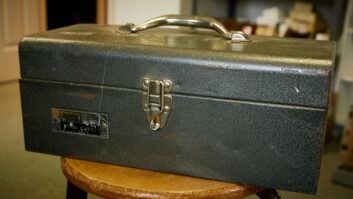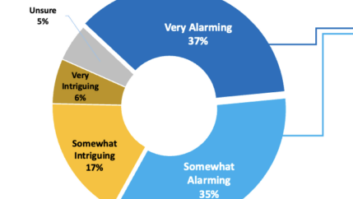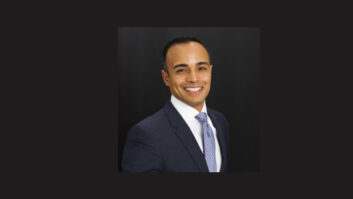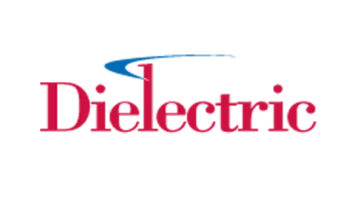FM auction seems to have opened doors, but with a substantial price tag.
WASHINGTON Broadcasters with winning bids in FCC FM Auction 37 are now busy rustling up subsequent payments for their new construction permits and scouting for facility and tower locations.
Analysts say it looks like Auction 37 introduced new owners into the radio market while increasing diversity, which is what the FCC was hoping for.
“The new owner discounts certainly helped (them),” said Dick Blackburn, president of Blackburn & Company Inc., a media brokerage firm. “It looks like many took advantage of it.”
Bidding credits were available for start-up groups and small broadcasters bidding on construction permits. A 35 percent credit was given to winning bidders who had no attributable interest in other media properties.
They got theirs
A total of 110 bidders gained 258 FM construction permits during the nearly three-week bidding period, which ended in late November. There were 62 rounds of bidding with 30 allocations held back by the FCC.
“I believe the FCC was largely able to infuse some new ownership into the business,” said Richard Foreman, president of Richard A. Foreman Associates, a media brokerage firm. “There did seem to be a number of returnees, that is former and current owners, too.”
Net bids in the auction will pump $147.8 million into FCC coffers. Analysts said they were surprised by the amount of money paid for frequencies in small markets, the majority of which were across the West.
Foreman and other brokers contacted for this story said they think many of the licenses were “overvalued.” Foreman cited a “limited-service Cape Cod FM in Brewster, Mass., going for $3.9 million” as an example.
“This may have been the result of the very low and largely overpriced, inferior inventory of available properties recently. Supply and demand equation was the order of the day, I think,” Foreman said.
Other analysts speculated that small broadcasters who overpaid for their licenses would struggle financially.
“Having a license does not guarantee business success. Some of these stations will never be built and others are sure to fail,” said Larry Patrick, president of Patrick Communications, a media brokerage and media investment and banking firm.
“The bids were generally higher than I expected. Who would have thought that two stations in Cheyenne, Wyo., would go for a combined total of nearly $6 million?”
College Creek Broadcasting Inc. was the busiest of the successful bidders, securing 38 construction permits and spending more than $35 million on those winning bids.
Former Clear Channel Radio CEO Randy Michaels’ company, Radioactive LLC, was next luckiest with 21 new CPs and net bids totaling more than $8.5 million. World Radio Link Inc. followed with 16 new licenses.
College Creek Broadcasting paid the most for a single CP, with a bid of $7.1 million for Mesquite, Nev., which is approximately 80 miles north of Las Vegas.
Bigglesworth Broadcasting trailed only College Creek in the total dollar category, with nearly $16 million in successful net bids for its 10 licenses. It paid $4.3 million for a frequency in Pacific Junction, Iowa, approximately 20 miles south of Omaha, Neb. Omaha-Council Bluffs is Arbitron market No. 74.
“I was surprised by the sheer volume of stations that some of the bidders acquired,” said Jeff Warshaw, president and CEO of Bigglesworth Broadcasting. “There were many active and aggressive buyers.”
More work underway
Warshaw founded Connoisseur Communications and sold the 37-station group to Cumulus in 2000. He said his new company expects to have the new stations on the air within six months of receiving their CPs.
“We are busy doing as much of the groundwork right now we can. We plan to put great radio stations on the air that will serve their communities,” Warshaw said.
Some analysts predict there will be some movement of the new licenses as broadcasters work within the three-year window to get stations on the air.
“We have no interest in the present to sell any of the licenses. In fact, we are much more likely to be acquirers in each of the markets we are going into,” Warshaw said.
Matinee Radio LLC is another start-up company that won CPs in five markets in Texas and New Mexico. The company qualified for a 35 percent bidding credit, which meant it spent just over $1.2 million instead of $1.9 million on its licenses, said Managing Partner Robert Walker.
“The bidding was very competitive. We did our homework in advance and had well-defined limits on high we could go. I did observe several bidders paying way too much for some markets,” Walker said.
“That’s good news for the FCC and bad news for investors in those cases.”
Matinee Radio concentrated on small markets located just outside larger metropolitan areas. For instance, it paid about $278,000 for a CP in Magdalena, N.M., just outside Albuquerque.
“We know how we want to build and operate the permits but haven’t yet selected or purchased equipment. We’ll consider all options on how to operate the stations provided the options comply with FCC rules and restrictions,” Walker said.












